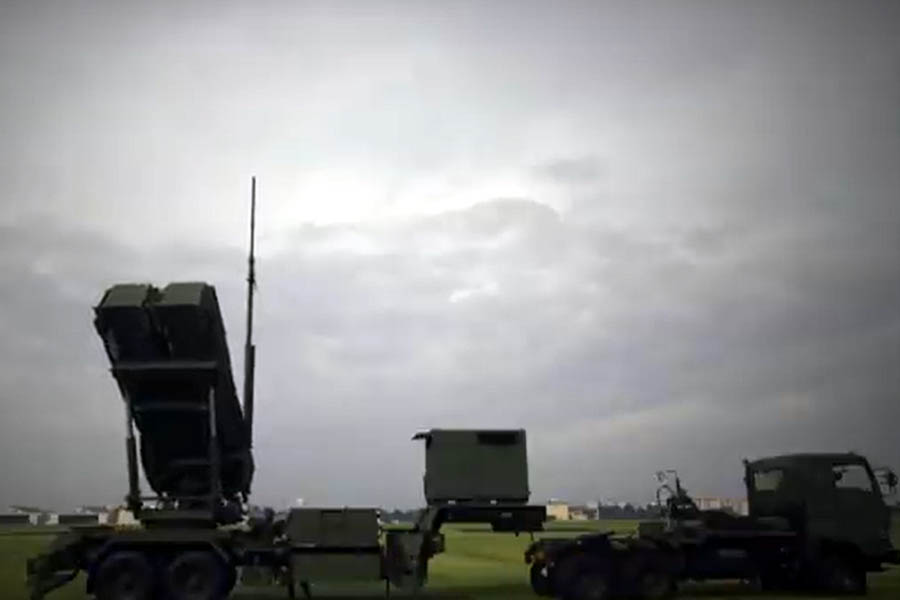
In a historic move, Japan has announced its decision to transfer a significant number of license-built Patriot missiles to the United States, breaking decades of self-imposed restrictions on military weaponry exports. While this decision is seen by some as a demonstration of Japan's commitment to global security, closer scrutiny suggests a strategic move aimed at securing U.S. support in the Asia-Pacific region and maintaining attention on potential threats from China and North Korea.
Examining the Missile Transfer:
The recent announcement by Japan to provide Patriot missiles to the U.S. to replenish depleted stocks has raised questions about Japan's own military preparedness. Reports suggest that Japan's Self-Defense Force may have insufficient stocks of missiles, ammunition, and other essential supplies for its own defense.
The number of missiles, reported to be "dozens," appears to be a token gesture rather than a substantial contribution, raising concerns about its effectiveness in addressing the American missile shortfall. Despite plans to increase missile production, the timeline and volume may not be sufficient to make a significant impact.
Strategic Investment or Virtue Signaling?
Analysts view Japan's missile export as a strategic move to solidify the U.S. commitment to defend Japan when needed, especially against potential threats from China, North Korea, and Russia. This exchange is seen as a form of strategic investment, where Japan provides a limited number of missiles and, in return, receives the assurance of robust U.S. military support.
Critics argue that this move is akin to "virtue signaling," intended to show support for the U.S. during its engagements with Ukraine and Israel. This approach could potentially help Japan secure U.S. backing while steering attention away from Europe and the Middle East.
Japan's Progress in Defense:
While the missile export marks a significant departure from Japan's longstanding defense export policies, it may not fully represent a comprehensive shift towards national defense preparedness. Despite recent increases in defense spending, revised guidelines, and the order of long-range attack missiles, Japan's overall defense capabilities remain questionable.
Sending a handful of Patriot missiles may be perceived as a symbolic gesture, reminiscent of past diplomatic efforts to maintain positive relations, such as the gift of an expensive golf club to former President Donald Trump. Observers argue that Japan needs to accelerate its defense improvements and take concrete steps to enhance its military readiness.
Japan's decision to export Patriot missiles signifies a notable shift in its defense policies but raises questions about the depth of its commitment to military preparedness. While contributing to global security, Japan must address domestic defense shortcomings to truly establish itself as a reliable ally. The missile transfer serves as a diplomatic move that could have broader implications for Japan's role in international security, but the nation must undertake more substantial efforts to bolster its defense capabilities for the future.